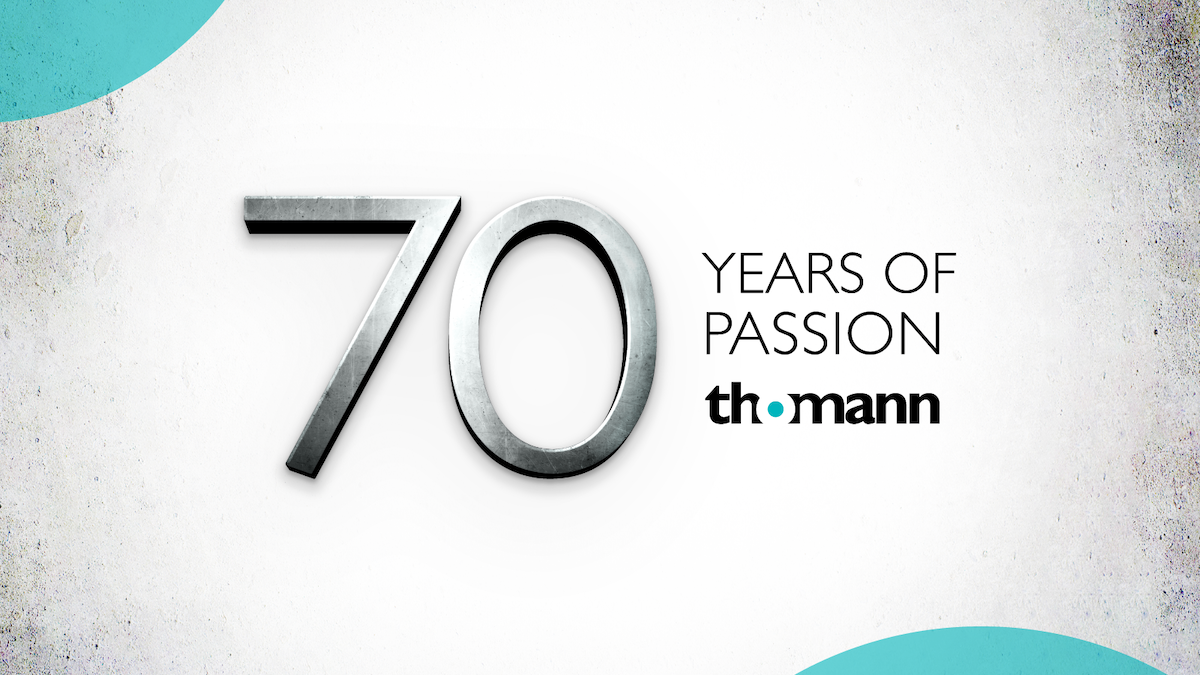
Incredibly, the online German music gear retailer Thomann is 70 years old this month. Here’s how the company went from setting up shop on a rural farm to becoming one of the biggest companies in the world, and a dominating force in online music gear retail.
Thomann was started by Hans Thomann senior in March 1954 in Treppendorf, Germany, but seemed an unlikely course of action given Thomann’s upbringing. His father, Johann, wanted Hans to continue the family's farming tradition. But with secret funds supplied by his more adventurous mother, Hans was able to pursue his own musical passions, first taking up the trumpet and then learning saxophone, Hawaiian guitar and clarinet.
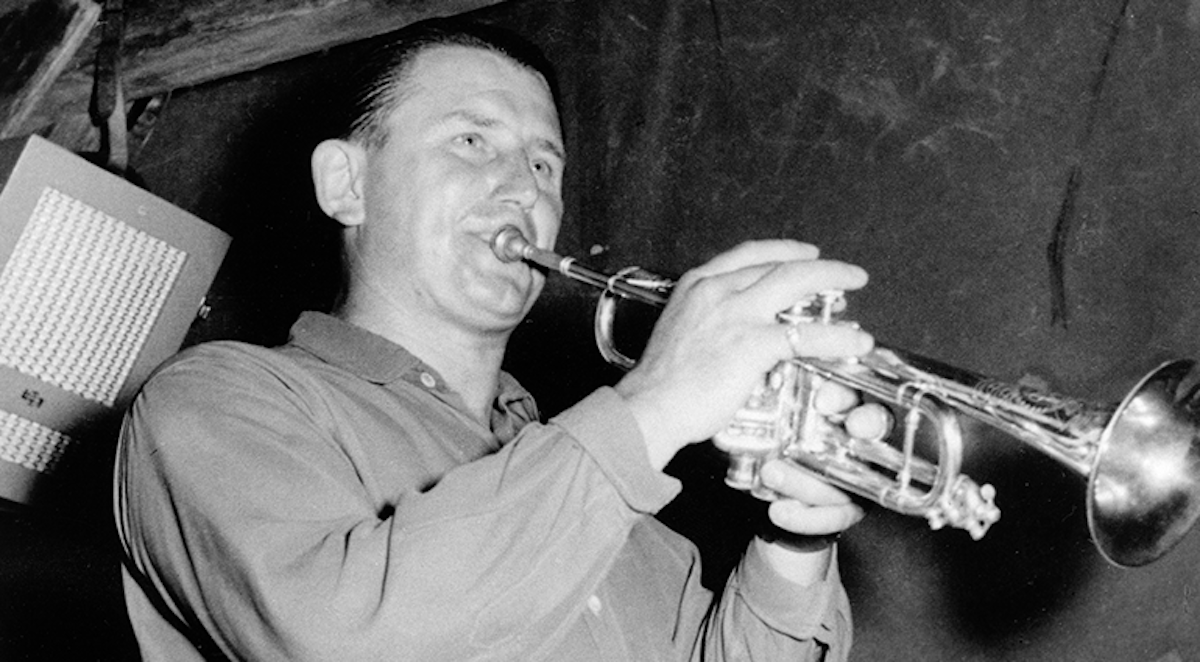
Thomann became something of a traveling musician, even joining and playing in a circus, but later studied trumpet at the Bavarian State Conservatory for Music in Würzburg, while setting up the first incarnation of his company, Musikhaus Thomann, at his parents' farm. It would become the base from which Hans would travel to see local bands, all the while taking instruments with him to sell to the musicians.
It would become the base from which Hans would travel to see local bands, all the while taking instruments with him to sell to the musicians
Such was Thomann's reputation in the area, musicians started to come to the farm to buy equipments and instruments. As Hans' own family grew with wife Betty – including five children: Elisabeth, Gabriele, Hans Junior, Stefan and Doris – so more of the farm's building started to become used to sell instruments, including a proper shop in Treppendorf that opened in the 1970s.
During the 1970s and 1980s, the amount of gear the shop sold rapidly expanded, with synthesisers and all sorts of studio technology joining the more traditional drums, organs, and guitars.
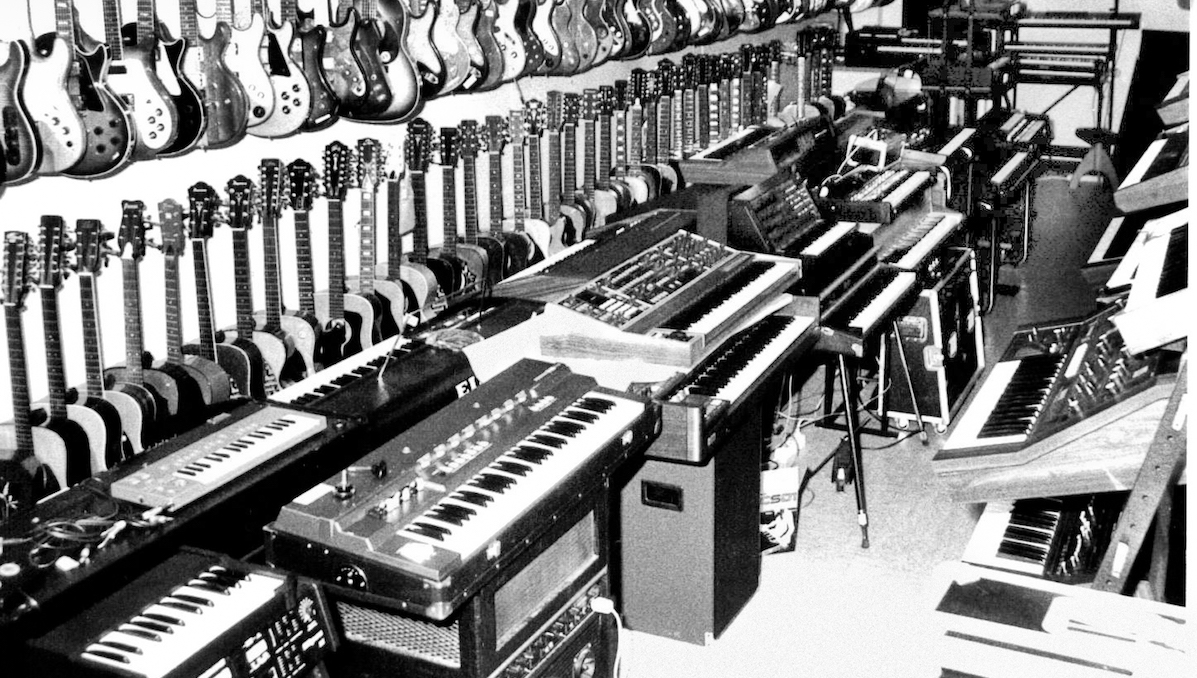
But it would be the 1990s where the most dramatic changes occurred for Thomann. After Hans Thomann Junior took over as head of the company, it launched its first Hot Deals brochure where its reputation for providing value for money gear further blossomed.
In 1996, the company became the first music retailer in Germany to launch its own website
But perhaps the biggest factor in Thomann's success happened in 1996, when the company became the first music retailer in Germany to launch its own website, at a time when the internet was in its infancy.
Many at the time thought the idea was folly saying, "musicians like to test test their gear in shops, so online retail will never catch on". They were quickly proven wrong because just a year later, Thomann was the biggest musical instrument mail order company in the country with over 100,000 customers.
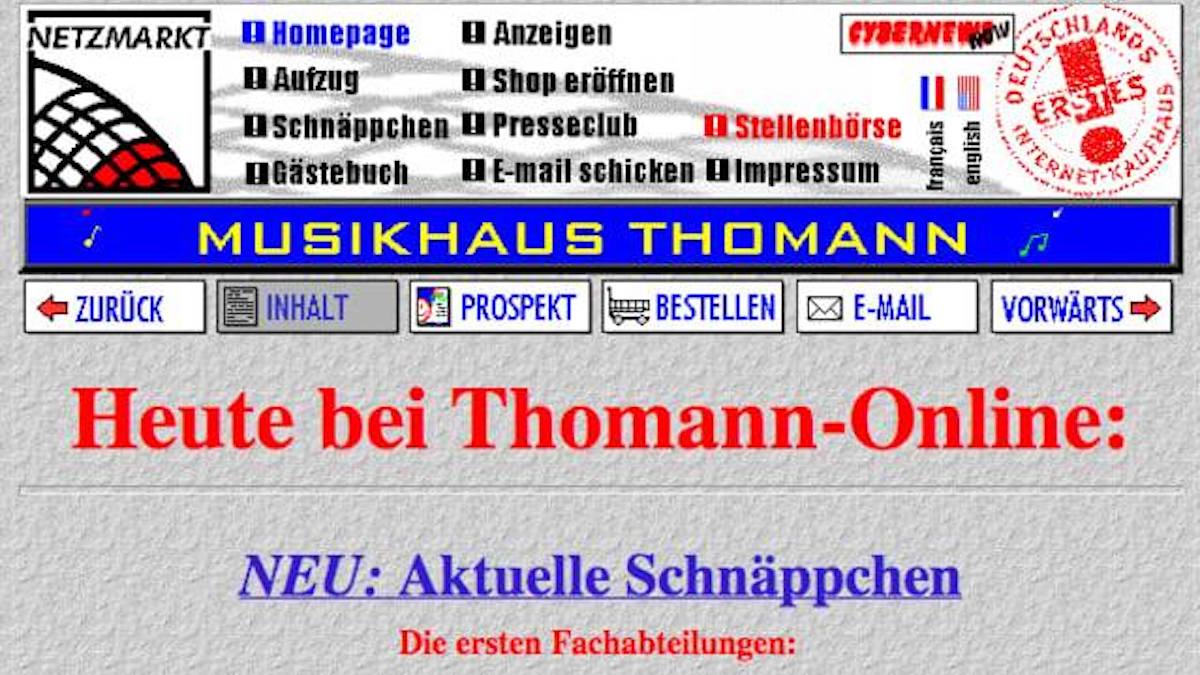
With the farm now outgrown, the early 2000s saw Thomann branch out into the rest of the Treppendorf area, with a new logistics centre, warehouses, four-storey office, and instrument showrooms for its guitar, brass and string departments.
The company became so successful that it was outselling Amazon in the music equipment field
Rather than outsourcing any of these facilities, the Thomann family wanted to keep all of them close and employ friends, family and local residents. Indeed all of Hans senior's children have major roles at the company, and even his grandchildren work there!
By 2008, Thomann's success, product ranges and customer base had grown exponentially, with two million musicians from all over Europe regularly using its all-new website.
In the 2010s the company became so successful that it was outselling Amazon in the music equipment field and expanding further, with most workers in the Treppendorf area now working for Thomann.
In 2023, it was reported that Thomann had become Europe’s largest online seller of musical instruments with a revenue of 1.4 billion euros. And just check out these other stats: the company has 1500 employees, 100,000 product lines, a website with 18 different languages, over 10 million customers worldwide, and shifts a huge 25,000 products a day. Here's just a few of them being shipped…

There are specialist areas for just about every aspect of music product, from the best music technology in bespoke recording suites.
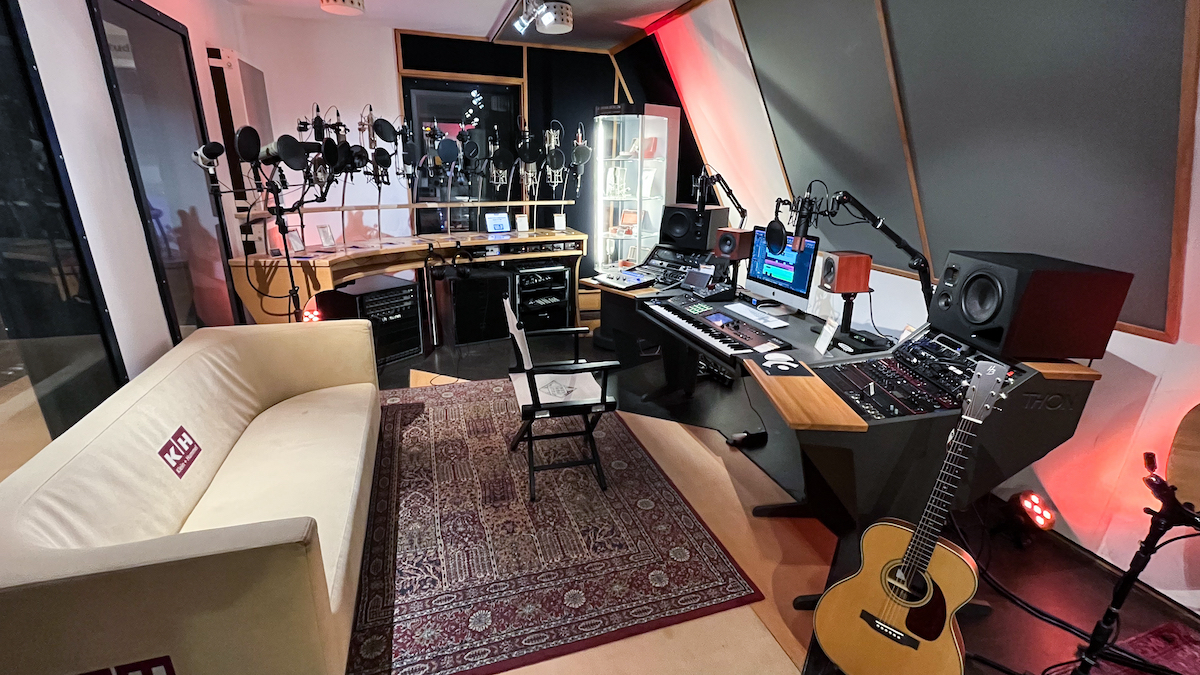
To a huge area dedicated to guitars…
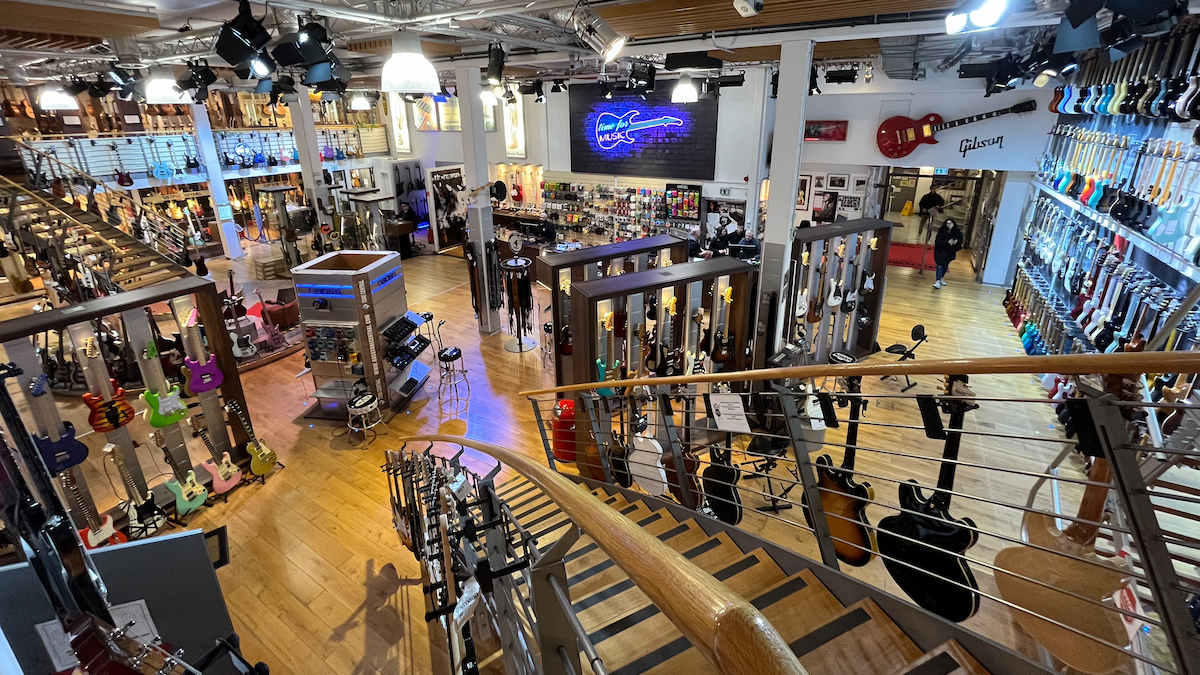
And even one full to the rafters with snare drums.
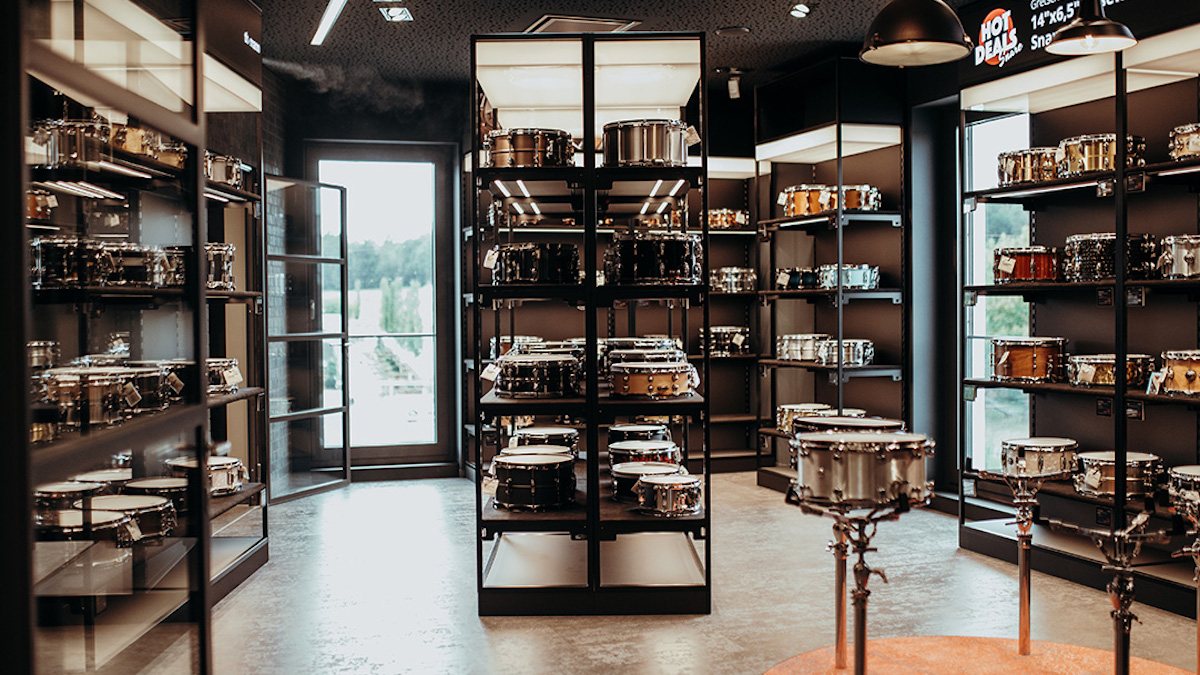
And after 70 years, the company is showing no signs of slowing down, with Hans Junior planning to nearly double the size of the shop to over 10,000 m² of showroom, sales and storage space, with work on that completing in 2026. That's a far cry from the original shop at the farm (we love the sign).

Hans Junior puts part of the success of the company down to the people employed by it, telling the Frankfurter Rundshau: "The fact that Thomann is doing so well also has to do with the fact that we employ a lot of musicians. If someone has been playing an instrument for years, as a boss I can assume that they can stick with something.
The fact that Thomann is doing so well also has to do with the fact that we employ a lot of musicians
"Most people also play in a band or an orchestra, so you can't let your ego run wild, you have to listen to each other and play with each other. As a musician, you also activate both hemispheres of your brain at the same time, thereby strengthening your synapses. And then of course making music is relaxing – that can't be overestimated."
As part of the 70th anniversary celebrations, Thomann is launching a special '70 Years of Thomann deals and Special Models' area on its website, with some amazing new musical instrument and gear deals. Go here for more details.







